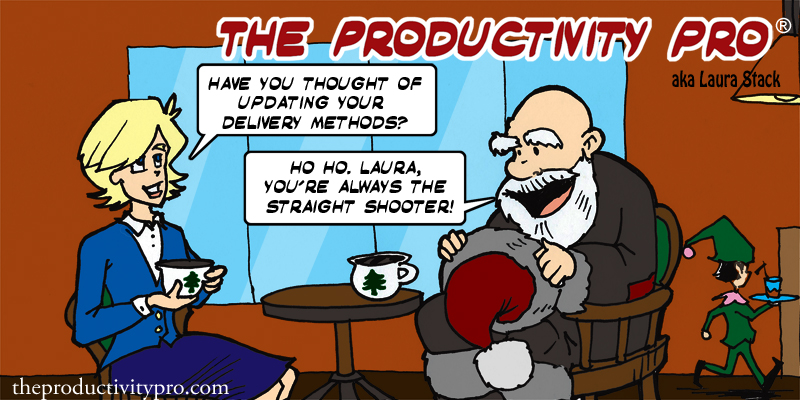
“Work smarter, not harder.” – The advice of countless well-meaning managers over the decades.
At some point—or perhaps many points!—you’ve probably received the advice to “Work smarter, not harder.” Just about all of us have heard the phrase, to the point of it becoming a meaningless cliché and catch-all slogan. The problem here lies in the fact that most of the people who say this to you have no clue what it means. They’re just repeating what other people have told them. Bluntly ask them, “How exactly do you ‘work smarter’?” and they’ll most likely just look at you blankly.
My entire career has involved helping people find ways to get more work done in less time. That’s one definition of working smarter, and it’s composed of multiple parts, including ruthless time management, delegating, taking good care of yourself, tightly organizing and scheduling everything, taking advantage of new technology, and more.
But the truth is, when you really want to succeed, you have to work both harder and smarter than everyone else. Just working smarter won’t cut it, except in specific situations. Here are four specific cases when the clichéd suggestion works best:
1. When you’ve reached your physical limits. You can only work so many hours a day; trying to work harder just brings you to the point of diminishing returns faster. After 10-11 hours a day, fatigue kicks in and it takes longer to fix your mistakes than to do the work. When you reach your physical limit, there’s no choice but to multiply your efforts by working smarter—whether this means offshoring, delegating in-house, or just using a new app to cut down on production time— because you can’t work harder.
2. When your timeframe is limited. When you have one week to complete a task, it’s possible no amount of working harder alone will get the work done. So make your first goal sitting down and figuring out how to leverage technology, time management, and every other “smart” technique you know to complete the work on time.
3. When the environment you’re working in is hopelessly behind the times. You may find yourself in a situation where hidebound individuals have stalled the work process. If your accountant uses old-fashioned spreadsheet paper and written notation to keep track of the company’s costs rather than MS Excel or Lotus, he’ll never get caught up no matter how hard he works (and yes, it’s happened). I recently read of a case where a low-level newspaper manager suggested to the owner that they start publishing online. It was a hard sell, but in the end he convinced her—and it ended up saving the publication as their paper news readership plummeted. The harried employees finally settled down to a reasonable number of hours per week, because they really could work smarter, not harder.
4. When new technology obviates the need to work harder. Forty years ago, if you had to make even a few corrections to a paper or report, you had to retype one or more pages—sometimes the entire document. I remember my father typing his Ph. D thesis on a typewriter, using correction paper for errors, hoping the paper hadn’t moved and the letters lined up on the page. Even in m first job, I had to use a typewriter! Fifty years ago, you would have had to retype another version if you just wanted an extra copy. (Carbon paper existed, but, well, it sucked). With the invention of cheap photocopiers for the latter case and word processing for the former, it became foolish to waste time working harder by doing the retypes. Printing extra copies and corrected versions was the smart way to do the job, so working smarter beat working harder hands down.
Harder, Smarter, and Savvier
Most of us realize that in terms of work, there’s no real harder/smarter dichotomy; you put both into action to maximize performance. But sometimes, applying your mind instead of your muscles to the job makes the most sense—even if it means adopting the Tom Sawyer approach of finagling others into doing most of the work for you. How have you been able to honestly apply the “work smarter, not harder” dictum?
© 2016 Laura Stack. Laura Stack, MBA, CSP, CPAE is an award-winning keynote speaker, bestselling author, and noted authority on employee and team productivity. She is the president of The Productivity Pro, Inc., a company dedicated to helping leaders increase workplace performance in high-stress environments. Stack has authored seven books, including Doing the Right Things Right: How the Effective Executive Spends Time. She is a past president of the National Speakers Association, and in 2015 was inducted into its exclusive Speaker Hall of Fame (with fewer than 175 members worldwide). Stack’s clients include Cisco Systems, Wal-Mart, and Bank of America, and she has been featured on the CBS Early Show and CNN, and in the New York Times. To have Laura Stack speak at your next event, call 303-471-7401 or visit her website.


